

Please add some widget in Offcanvs Sidebar
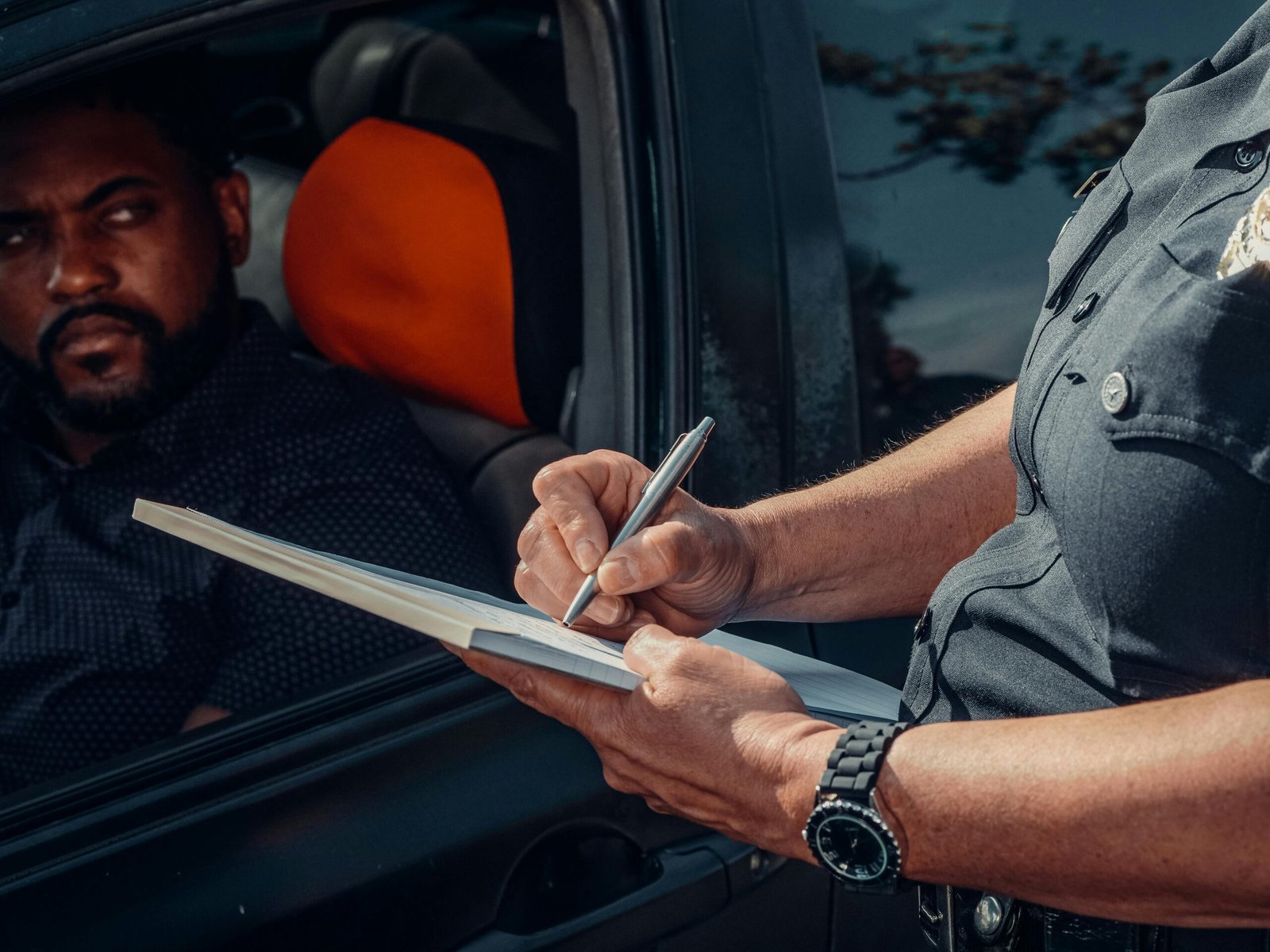
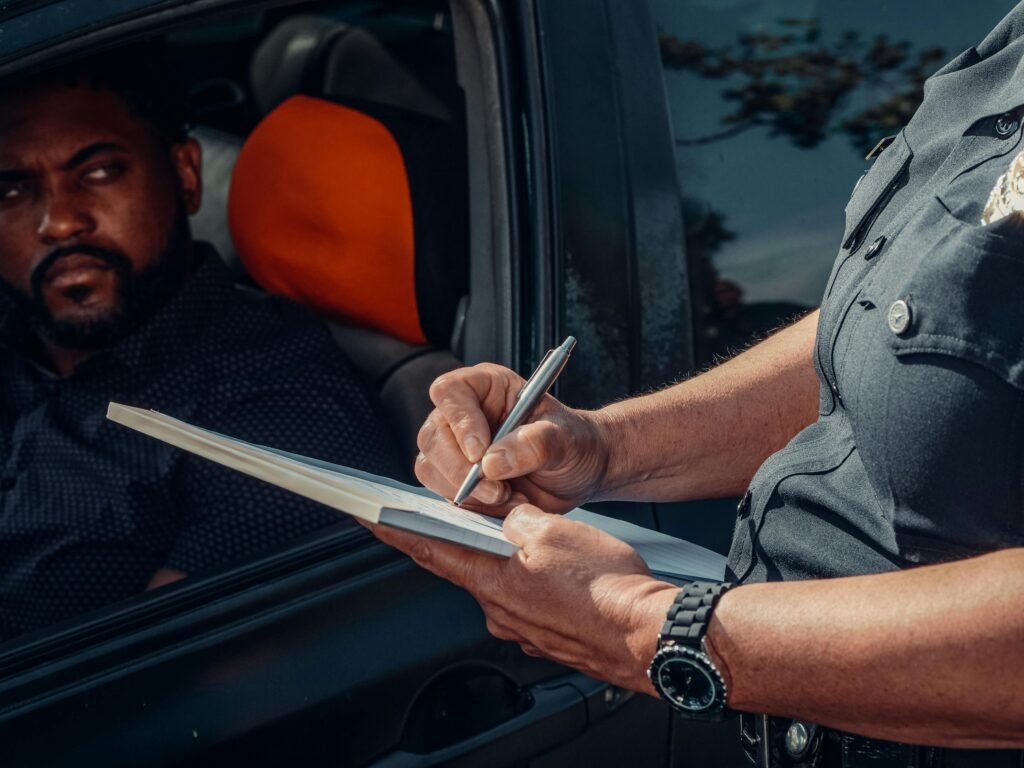
The penalty for providing alcohol to a minor is a Class A misdemeanor, which may result in a fine of up to $4,000, up to one year in jail, or both. Additionally, the offender’s driver’s license will be automatically suspended for 180 days upon conviction.
An adult aged 21 or older (excluding parents or guardians) can also be held liable for damages caused by the intoxication of a minor under 18 if they knowingly supplied alcohol to the minor or knowingly allowed alcohol to be served to the minor on property they own or lease.
The ZERO TOLERANCE policy applies to alcohol-related offenses beyond just driving. These offenses include purchasing or attempting to purchase alcohol, falsely claiming to be 21 or older to someone selling or serving alcohol, as well as consuming or possessing alcoholic beverages underage.
If the minor does not yet have a driver’s license, their driving privileges will be denied for the same duration as the suspension.
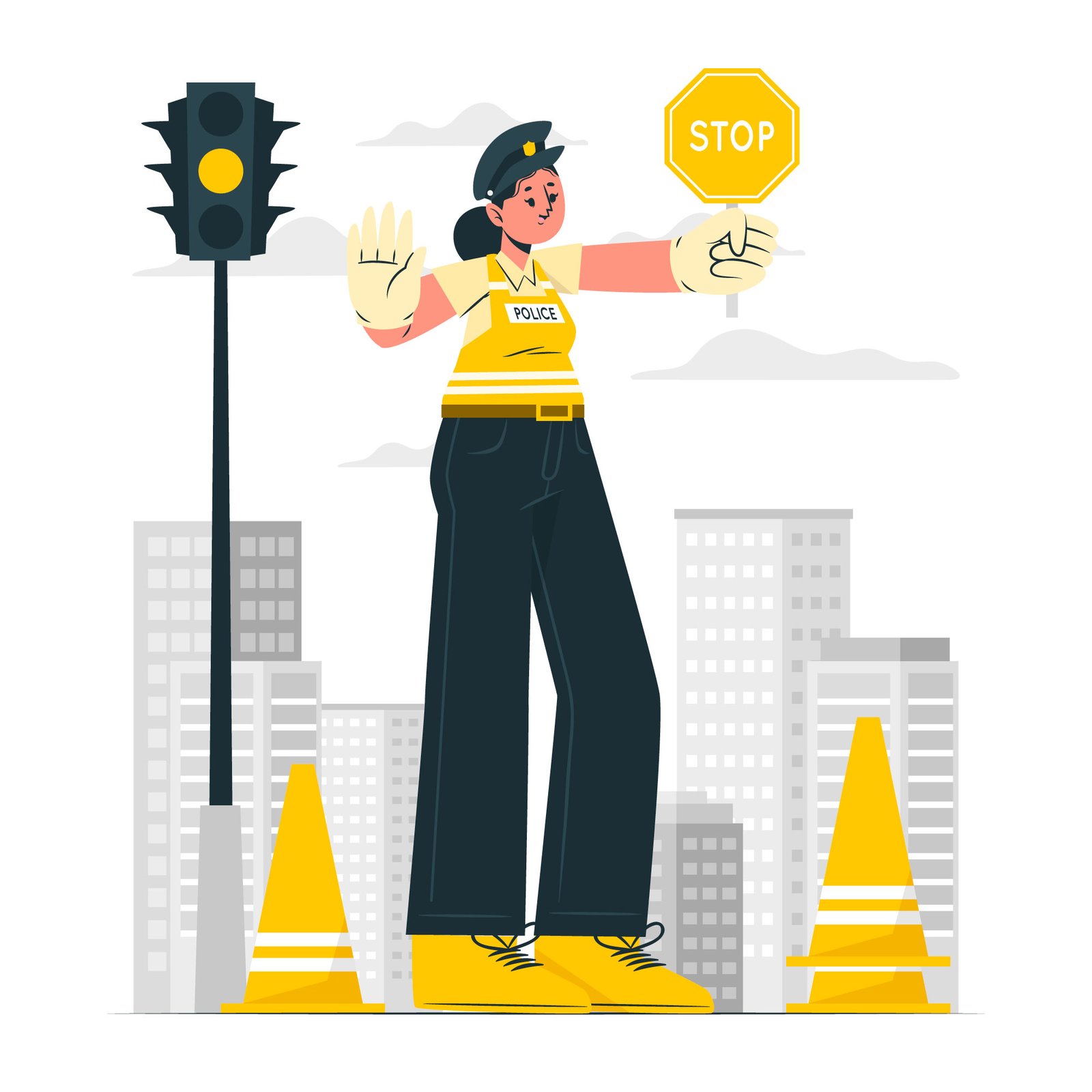
Distracted driving is the leading cause of driver fatalities in America. When your focus drifts away from the road, you endanger yourself, your passengers, other vehicles, and pedestrians.
Distractions occur whenever an activity diverts your attention from driving. Texting while driving is illegal. It is classified as a misdemeanor, with penalties ranging from fines of $25 to $99 for a first offense, and $100 to $200 for any additional offenses.
To raise awareness about the dangers of distracted driving, Texas mandates that all teen drivers complete the Impact Texas Teen Driver (ITTD) Program before taking their driving skills test.
For details and requirements about the ITTD program, visit:
https://www.dps.texas.gov/Driverlicense/ITD.htm
Texas Department of Public Safety – Driver License Division
https://www.dps.texas.gov/DriverLicense
Texas has strict alcohol-related laws for minors, and Driving While Intoxicated (DWI) is an issue that affects all Texans. To discourage drinking and driving and improve road safety, the state has enacted tough laws.
In Texas, a “minor” in alcohol-related cases refers to anyone under the age of 21. Minors are prohibited from purchasing, attempting to purchase, consuming, or possessing alcohol. Under the Texas ZERO TOLERANCE law, it is illegal for any minor to operate a motor vehicle, including a watercraft, in a public area with any detectable amount of alcohol in their system. This offense is called Driving Under the Influence of Alcohol by a Minor (DUIA by a Minor), and unlike adults, minors face penalties regardless of whether their blood alcohol content (BAC) reaches the legal intoxication limit of 0.08%.
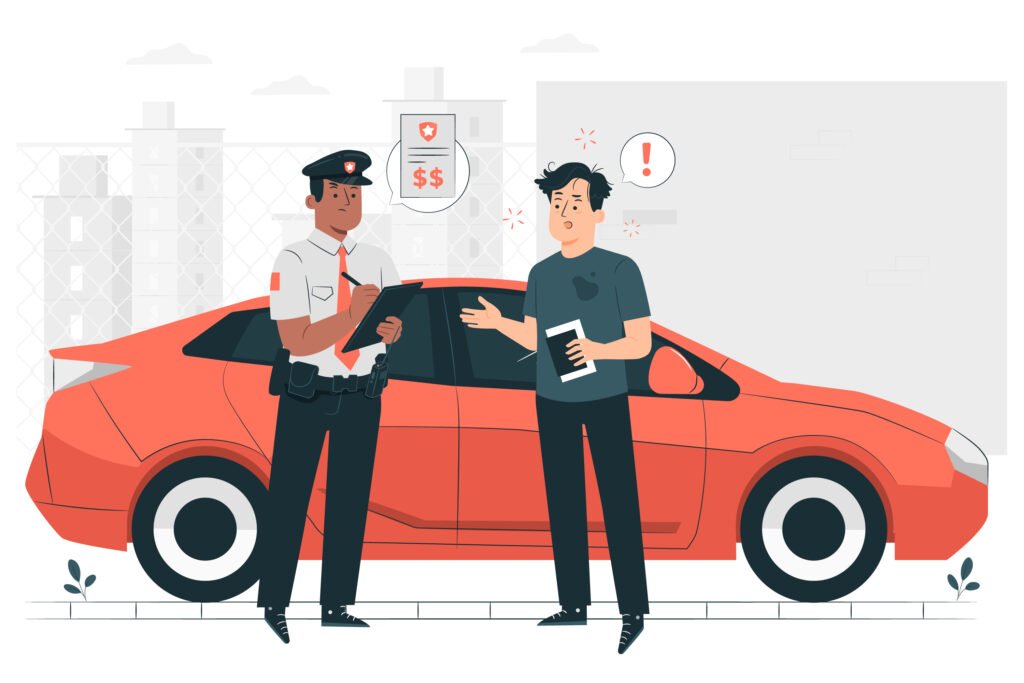

A police officer with reasonable suspicion or probable cause may stop a vehicle. The officer can request the driver to undergo one or more field sobriety tests. In the case of a minor, if the officer suspects any detectable alcohol in the minor’s system, the following actions may be taken:
1. The minor may be arrested, and the vehicle may be towed.
2. They may be handcuffed and taken to a police station or county jail.
3. The minor may be given the option to take a breath test.
4. They may be transported to a hospital or clinic for a blood test.
5. Alternatively, the officer may decide not to request breath or blood samples if alcohol is detected or measured through other means.
The officer has the discretion to choose the appropriate method for determining the presence of alcohol. However, in the event of a serious injury or fatal accident, a breath or blood sample may be mandatory.
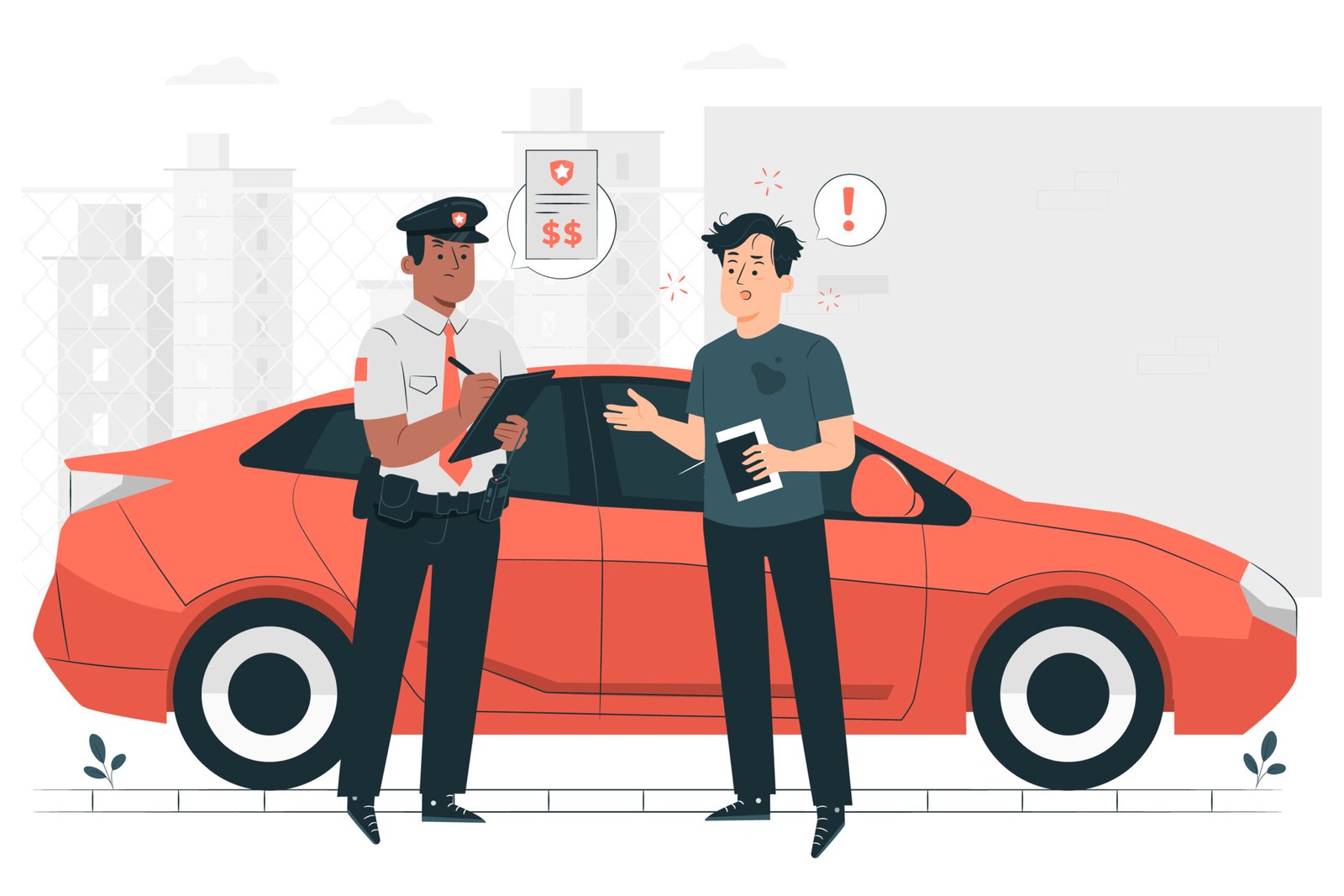
Just like adults, minors give their consent to provide one or more breath or blood samples for analysis if they are arrested for operating a motor vehicle or watercraft in a public area while intoxicated. If a law enforcement officer determines that there is any detectable amount of alcohol in a minor’s system while driving, the minor may be required to submit a breath or blood specimen. These samples will be tested to confirm the presence of alcohol in their body, and a blood sample can also detect other controlled substances or drugs.
Suspensions for Minors Providing a Specimen – Confirmed Detectable Amount of Alcohol
If the analysis of the specimen reveals any amount of alcohol or a controlled substance in a minor’s system while operating a motor vehicle or watercraft in a public area, their driver’s license will be suspended (or their driving privileges denied if they are unlicensed) for the following durations:
The minor has the right to request a hearing before an Administrative Law Judge to challenge the suspension.
Refusing to provide a specimen may lead to the minor being incarcerated until bail is posted or until they appear before a magistrate or Juvenile Court Judge. As a result of refusal, the minor’s driver’s license will be suspended (or their driving privileges denied if they do not have a license) for the following periods:
Offenses and Penalties
DUI of Alcohol or Drugs by a Minor – 1st Offense (Class C Misdemeanor)
1. Fine of up to $500
2. 40 to 60 hours of community service
3. 120 days driver’s license suspension
4. Attendance in an alcohol awareness class may be required.
3rd Offense (Class C Misdemeanor) – Under 17 years of age